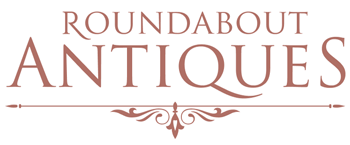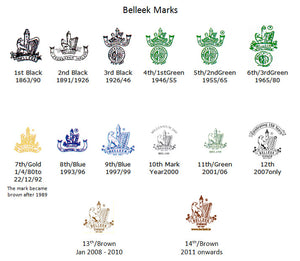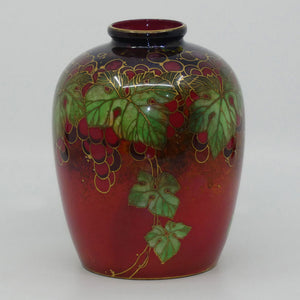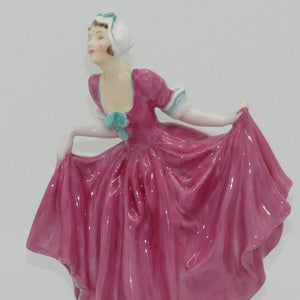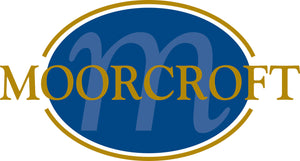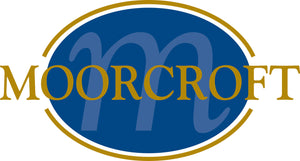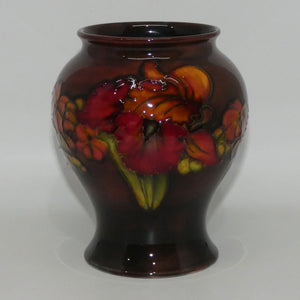About John Deacons Glass Millefiori Paperweights

Deacons Glass is a family run studio situated the ancient market town of Crieff, Scotland. The town has a long history of art glass manufacturing starting over 50 years ago in 1964 with Strathearn Glass, followed by Perthshire paperweights in 1968, J Glass in 1978 and finally Deacons Glass in 1980 and John Deacons had been involved with all of them!
Scotland has a long tradition of Millefiori and Lampwork paperweight making, greatly influenced by the Ysart family. Salvador, the father and three of his sons founded Ysart Glass, later to become Vasart Glass and then Strathearn Glass. The most famous paperweight maker of the Ysart family, Paul, went his own way making paperweights at Moncrieff, Caithness Glass, and his own company at Harland in a career that spanned more nearly 60 years.
John Deacons started glassmaking in 1967 when he was apprenticed to Strathearn Glass. He recalls that it was a good place to work, with new facilities and a large company employer. However, less than a year later, Stuart Drysdale, the general manager of Strathearn, offered John the chance to join him, Jack Allan, Peter McDougall, and others from Strathearn in a new venture, Perthshire Paperweights, which would specialise in high-quality paperweights. John leapt at the chance and described his time at Perthshire Paperweights as "the best apprenticeship you can imagine". He was involved in every stage of setting up the factory and later became their master glassmaker.
After 10 years at Perthshire Paperweights, John felt the need to get out of the factory environment so that he could express himself, have the freedom to experiment and to take his ideas into paperweight designs. After a long search, he found suitable premises and a year later left Perthshire Paperweights to set up his own studio about 1 mile away from Perthshire paperweights. He called the studio J Glass after the 'J' cane found in some antique Bohemian paperweights that were a great source of inspiration for John.
Allan Scott, the lampworker, joined John shortly afterward and together they explored what could be achieved in paperweights. J Glass was highly successful and expanded rapidly until the economic crash in 1980 which forced its closure. However John was not to be defeated and within 6 months he had converted the cow byre attached to his house into a small studio, built a furnace, glory hole, reused the kiln salvaged from J Glass and was back in business.
This time however, he vowed never to have employees and to keep overheads to an absolute minimum, a strategy that John has never wavered from. In fact, today, he still uses the kiln that came from J glass!
This strategy means that Deacons Glass has always been noted for providing value for money Millefiori and Lampwork products as well as being able to meet special customer requirements at short notice. Being a small studio, and not driven by long production runs of a particular design, means that innovation is the key. John is always happy to make paperweights to a customer's own design and over the years many hundreds of different designs have been made. Whilst paperweights have been and will remain the main output, John and Craig enjoy experimenting with other art glass products such as lamps, bowls, blasting and engraving and other containers.
At an early age John's son Craig showed an interest in glass and he was soon helping his father in the studio. Once he had left school, Craig joined his father full time and is now responsible for many aspects of the business. John's wife Ann, makes the patterns/moulds, so it's a close knit family business.
As to the future, Craig's daughter Erica is already setting up millefiori weights so the outlook for Deacons Glass looks set for the long term.
- Robert Neilsen
